The Climate Action Summit in New York has failed to deliver
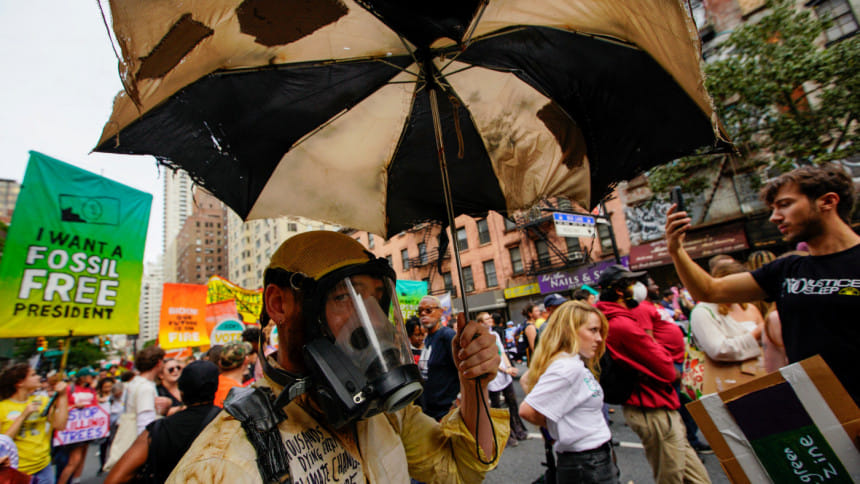
The Secretary-General of the United Nations, Antonio Guitterez, has been holding an annual Climate Action Summit on the margins of the UN General Assembly in September each year. He invites world leaders to come and share what they are doing to tackle climate change, the biggest human-induced global crisis. Over the years, his language to describe the situation has become increasingly apocalyptic. Earlier, he described the world as having entered the era of "climate boiling"; now his words has become even more dramatic, saying that we were "entering the gates of hell!"
However, despite his strong language and exhortations, the world leaders who are responsible for emitting most of the greenhouse gases are not willing to take the requisite actions at the scale and pace that is required to keep global temperature below 1.5 Degrees Celsius, as agreed under the Paris Agreement in 2015. It is not that they are not doing anything, but that they are doing too little too late. As a result, we are seeing the impacts of human-induced climate change happening every day somewhere in the world.
It is ironic that just a few days after tens of thousands of activists from around the world demonstrated for action on the streets of New York during the Climate Action Summit, the streets and subways of New York City were submerged by torrential rains, forcing a declaration of an emergency.
However, this is not to say that nothing happened in New York during the climate action week. The joint event by the Governments of Denmark and Bangladesh to focus on the promise by developed countries to double their funding for adaptation in developing countries went well, and a number of developed countries have indeed enhanced their funding for adaptation. But again, they seem to be good at making promises and bad at delivering those promises. Nevertheless, it is still possible to double adaptation funding in 2023.
Another initiative to note was the ministerial meeting to discuss funding for Loss and Damage, where the COP28 President exhorted developed countries to promise funding for the new Loss and Damage Fund to be established at COP28 in Dubai in December. While there were good discussions on the topic, there were no concrete pledges of funds except from the government of Scotland, which is not even a party to the UNFCCC. There is still time for some political will to fund the Loss and Damage Fund in COP28 in December, but time is running out very fast.
Coalitions of the willing, which often include governments, private sectors, and civil society organisations and groups, are making major efforts to address climate change. These initiatives range from stopping oil and fossil fuel campaigns to enhancing investment in renewable energy like solar and wind, and energy efficiency. The good news is that investment in clean energy is now becoming profitable enough to draw major investors. On the other hand, fossil fuels such as coal are becoming completely uncompetitive without subsidies. Unfortunately, subsidies for fossil fuels are still the norm, although they should be withdrawn immediately.
By far, the most impressive change we have seen in New York, and elsewhere, is the growing movement of young people from both developed and developing countries. They are pushing companies and their own governments to invest in tackling climate change rather than causing it. Although it is still not powerful enough to ensure that the necessary changes are made fast enough to avoid absolute disaster, this movement of young people from all over the world is by far the most promising movement to tackle climate change.
In my opinion, Antonio Guitterez should get the support of every global citizen to save humanity from itself. There is no more time to lose. Substantial changes must be made at COP28 in Dubai.
Dr Saleemul Huq is director of the International Centre for Climate Change and Development (ICCCAD) and professor at Independent University, Bangladesh (IUB). Email: [email protected]
Views expressed in this article are the author's own.
Follow The Daily Star Opinion on Facebook for the latest opinions, commentaries and analyses by experts and professionals. To contribute your article or letter to The Daily Star Opinion, see our guidelines for submission.

 For all latest news, follow The Daily Star's Google News channel.
For all latest news, follow The Daily Star's Google News channel. 
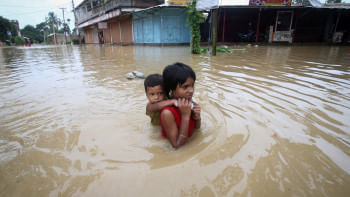
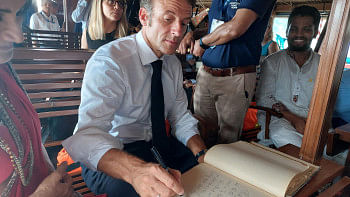




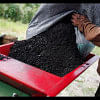
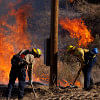
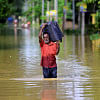


Comments